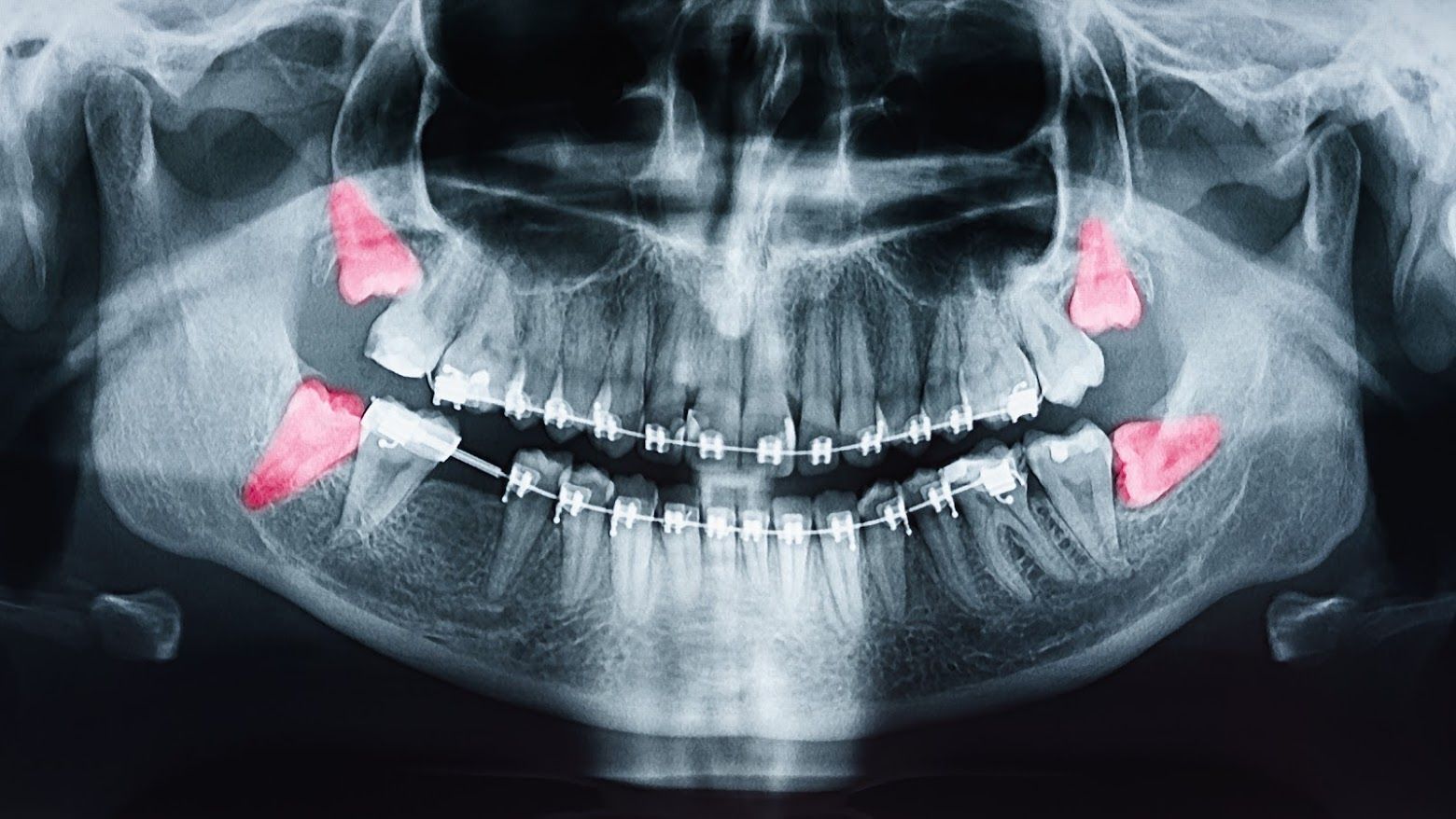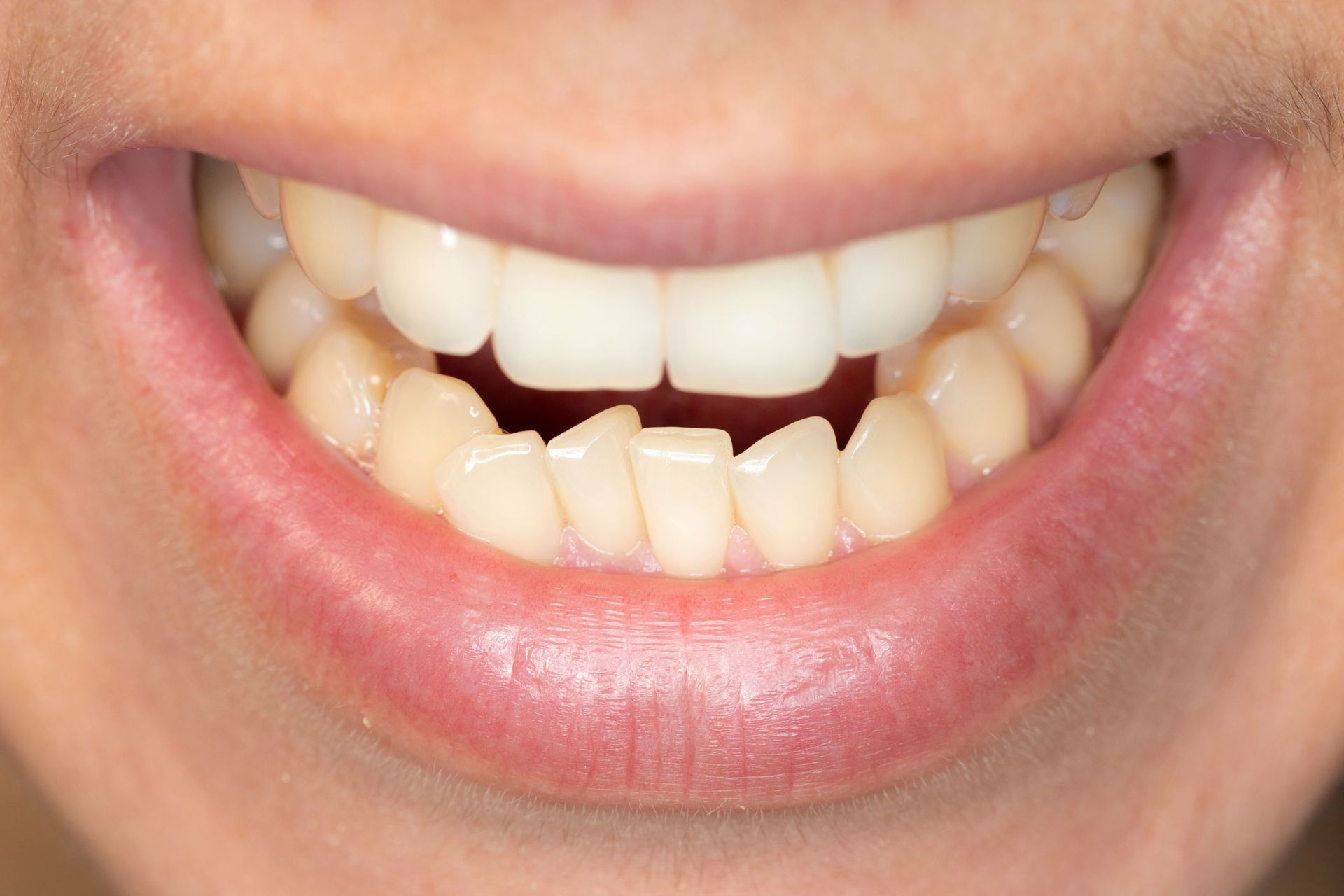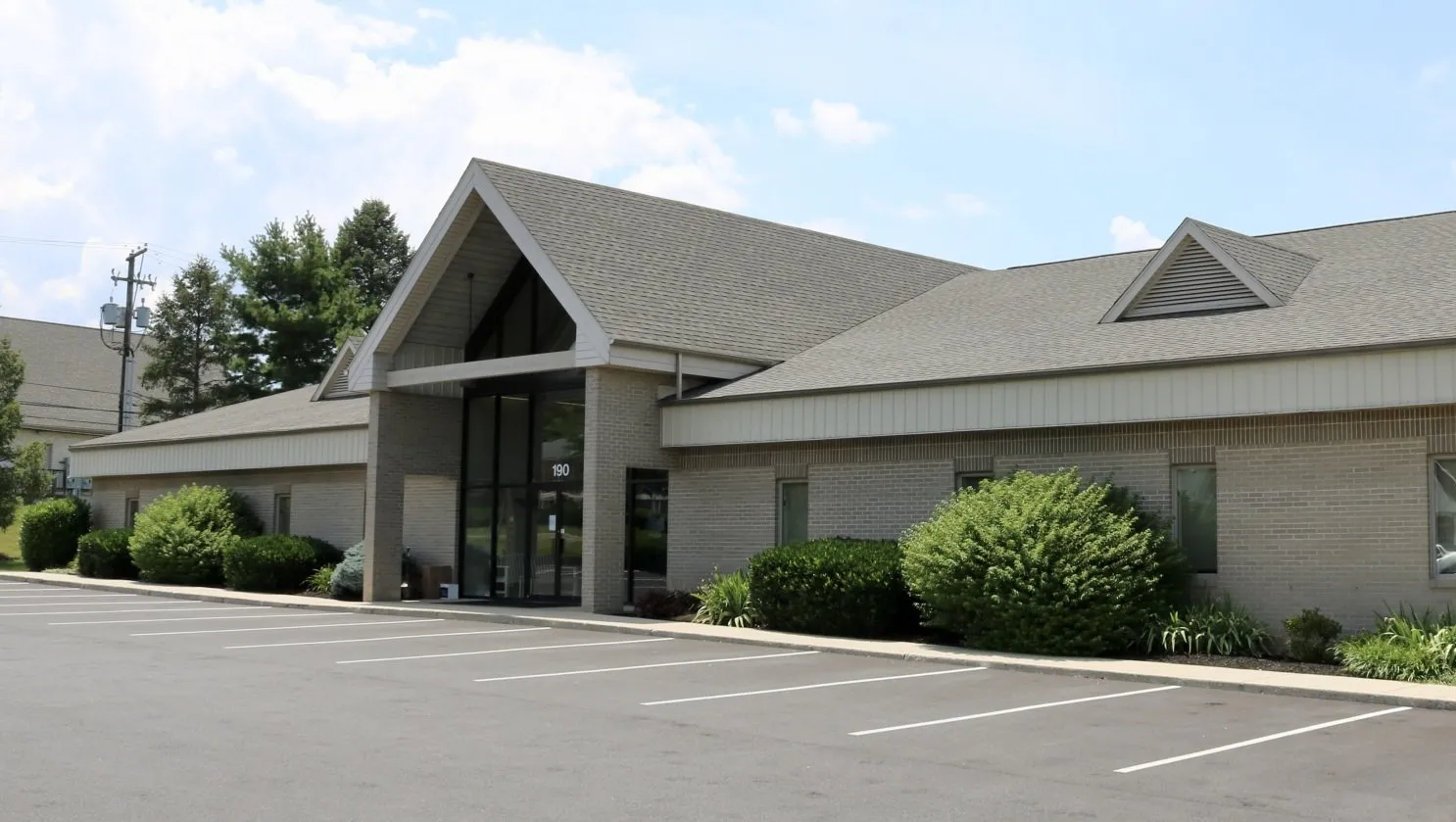Lancaster Office
Hershey Office
Lititz Office
5 Common Surgeries Performed by an Oral Surgeon

Oral surgery oftentimes sounds scary to most people because they imagine the process will involve pain and high cost. Most oral surgeries, however, are common outpatient procedures, and in most cases, patients can resume their normal everyday activities within a few days after surgery without significant pain and swelling.
Before pursuing surgery, your general dentist or family physician will refer you to an oral surgeon. At the consultation, the surgeon with perform and oral exam, obtain x-rays, and then develop a treatment plan that provides you with a clear path forward. Oral surgeons have undergone years of education in dental school and have also completed a hospital based residency, which takes 4-6 years of additional training. This vast amount of knowledge and skill set gives your surgeon the opportunity to be treat both common and rare oral health issues.
In this post, we will highlight several different common oral surgery procedures that you may be seeking a consultation for in the near future.
1. Tooth Extractions
Tooth extraction is the most common type of oral surgery. Your dentist may recommend a tooth extraction with an oral surgeon if you have extensive tooth decay, gum disease, or dental trauma. The extraction of teeth will not only remove dental disease and sources of infection in your mouth, but may also be in preparation for fabrication of a removable or fixed prosthesis (partial or denture).
Before a tooth extraction surgery, your oral surgeon will give you local anesthesia (numbing agent) to make the procedure painless. Many patients describe the process as pressure, but no pain should be involved in the experience. Sometimes, the surgeon may need to use a surgical drill to remove the tooth. Once the tooth is extracted, the site is irrigated and cleaned to prevent post-operative infection and good healing. There are times that sutures will be placed and in many cases, the sutures are dissolvable unless told otherwise by your surgeon.
2. Dental Implants
Dental implants are a popular option for people who have lost a tooth or several teeth and are not interested in removable prosthesis options (partials or dentures). Prior to surgery a local anesthetic is administered to ensure a comfortable and pain-free process. During dental implant surgery, an oral surgeon will place titanium alloy “screw” into your jaw in the areas where you have missing teeth. The dental implant is placed at the level of the bone and initially does not have a tooth attached to it. The procedure, surprisingly takes less than an half an hour and involves a relatively easy recovery with the use of over-the-counter pain medications. After several months of healing, your general dentist will then place crowns or multi-unit bridges on the implant(s).
3. Wisdom Teeth Removal
Wisdom teeth are the “third molars” at the back of the jaw that typically develop between the ages of 17-25. Because these teeth are in the very back of the mouth and develop at such a late age, there may not be enough room to erupt in a normal tooth position. As a result, many wisdom teeth are completely or partially impacted in the jaws. Leaving these teeth in place, may result in problems much later in life.
If your wisdom teeth are impacted, malposed, or are causing pain or infection you should seek a consultation with a board-certified oral surgeon as soon as possible. While oftentimes, they remain asymptomatic (pain-free), the wisdom teeth may damage the neighboring teeth, cause crowding, or develop pathology at an older age. Even when wisdom teeth fully erupt, they are often very far back in the mouth, making brushing more difficult. This results in the development of decay or gum disease and eventual extraction.
4. Biopsy of a Lesion
During your routine dental visit, your general dentist may find a lesion of concern in your mouth during the oral exam. Sometimes these lesions are present unbeknownst to the patient and sometimes they are recognized but have developed changes in size or appearance. It is very important that you seek a consultation by an oral surgeon for further evaluation. Certainly, monitoring a lesion may be recommended, but oftentimes obtaining a sample of the lesion or complete removal may be necessary to develop a definitive diagnosis. This diagnosis will not only tell you what the lesion is, but will also dictate further treatment.
The biopsy is performed using local anesthesia and may require stitches for closure. The sample of tissue is then sent to an oral pathologist to review under a microscope. You will see your surgeon several weeks later to discuss the findings and determine if any further surgery or medical treatment is necessary.
5. Dental Bone Grafting
Dental bone grafting is necessary when a person has insufficient bone width or height in preparation for future oral surgery. Loss of bone in the jaw may occur when one has a dental condition that causes chronic bone deterioration (periodontal disease). Loss of bone mass may also be linked to aging/osteoporosis, trauma to the bone (fracture), or when teeth are lost and not replaced with dental implants.
Your oral surgeon may recommend a bone grafting procedure if you need implants but lack the bone tissue needed to support the implants. A bone graft will add volume to the areas where you have lost bone tissue. These grafting procedures include the use of local anesthesia, placement of a protective membrane over the grafting, and sutures. Once the bone grafting is placed many months of healing are then required prior to the next step in the surgical process.
Whether you need a minor or major dental surgery, consulting with an oral surgeon will help you prepare for the procedure and ease any anxiety you may have.
Contact us today to schedule a consultation for further information/discussion with a well-trained and knowledgeable oral surgeon at Conestoga Oral Surgery.
- Mon - Thu
- -
- Friday
- -
- Sat - Sun
- Closed














